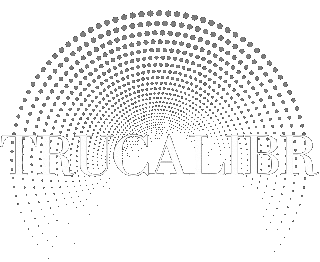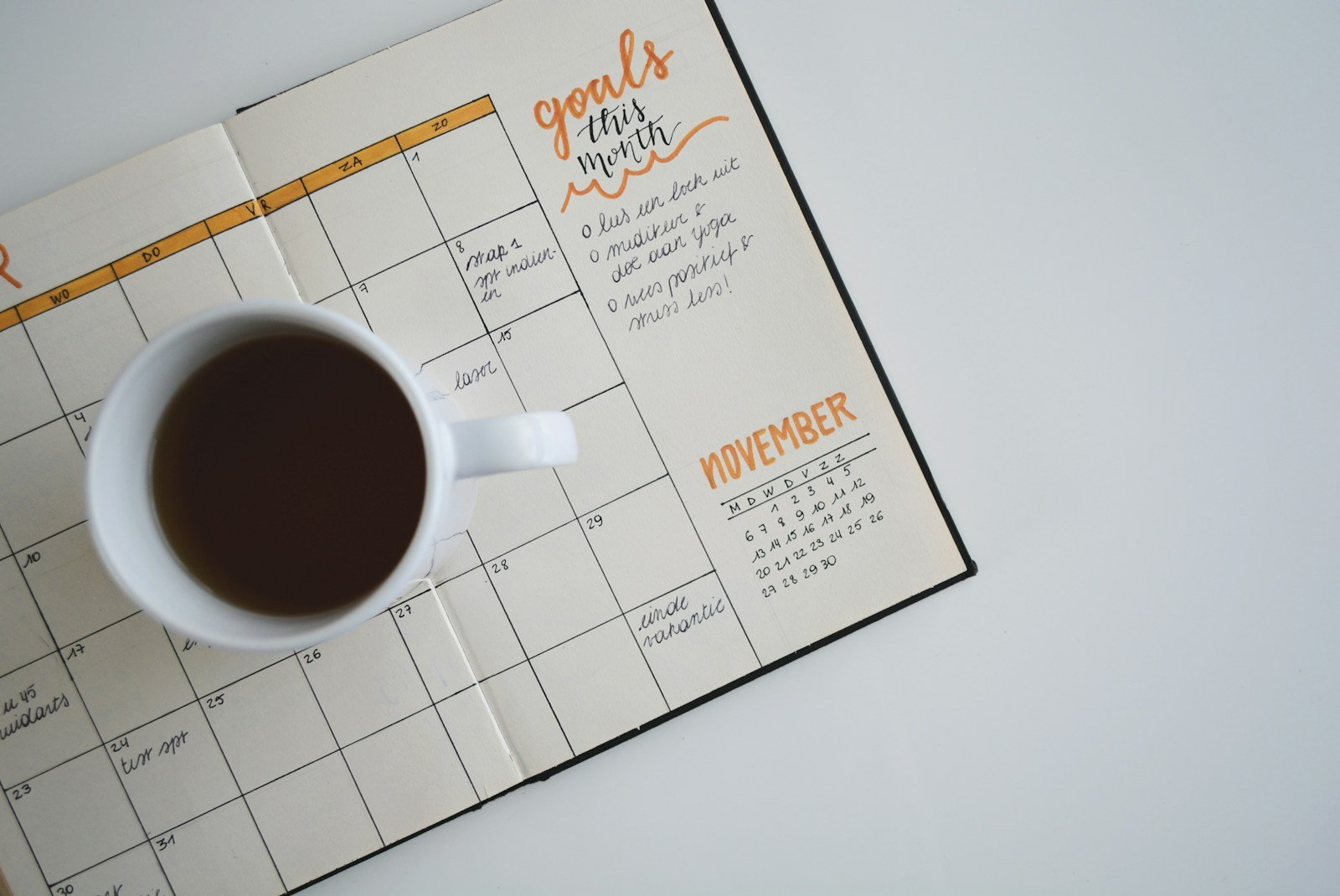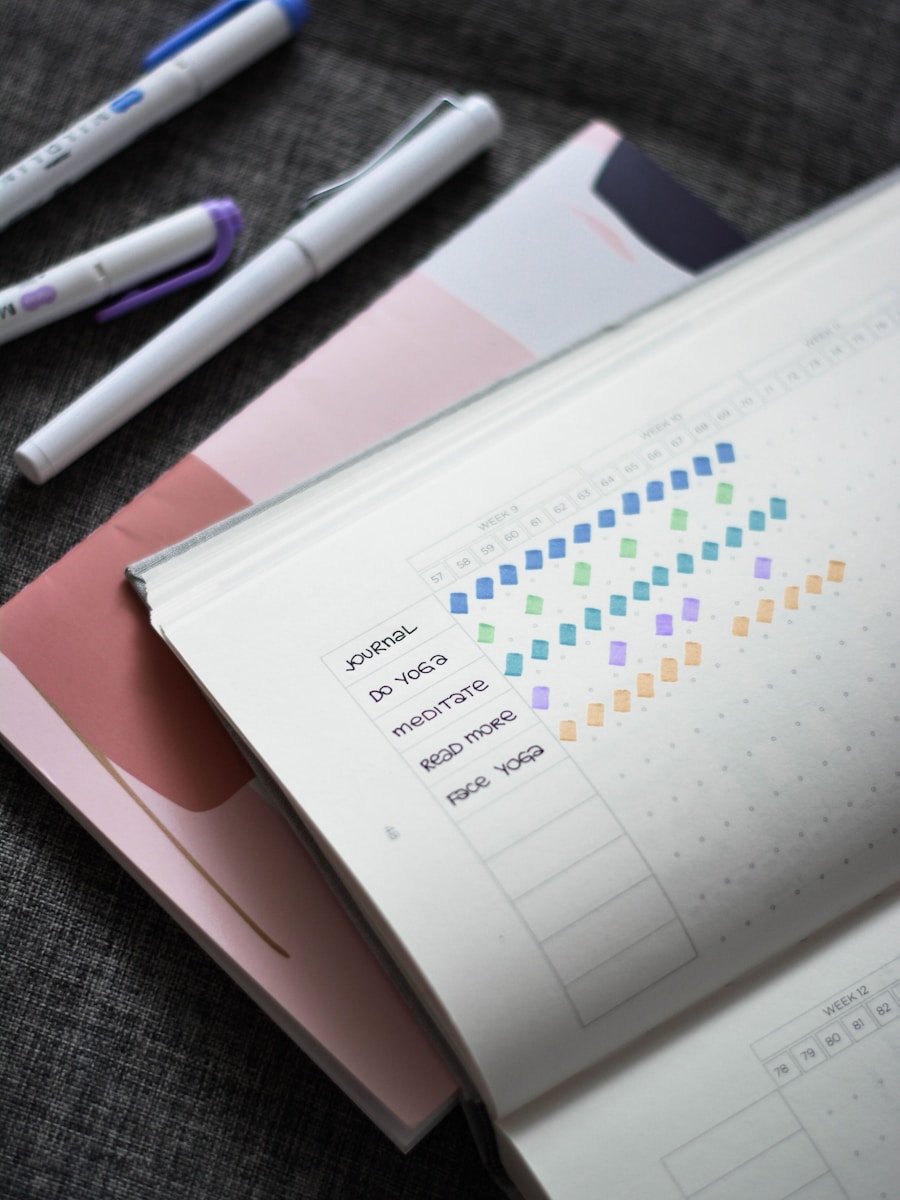Table of Contents
- Understanding Judgment
- The Role of Experience in Developing Sound Judgment
- Cultivating Critical Thinking for Better Judgment
- Emotional Intelligence and Judgment
- Avoiding Cognitive Biases for Improved Judgment
- Seeking Diverse Perspectives for Balanced Judgment
- Additional Resources and Further Reading
- Practical Tips and Actionable Advice
- Conclusion
Introduction
Making sound judgments is a critical skill in both personal and professional life. Good judgment allows us to make wise decisions, navigate complex situations, and avoid costly mistakes. However, developing strong judgment is no easy feat, as it requires a combination of knowledge, experience, and the ability to think critically and objectively.
According to a survey by the Society for Human Resource Management, employers rank good judgment as one of the top five most valuable skills in the workplace. Furthermore, a study by the University of Cambridge found that poor judgment can lead to significant financial losses, strained relationships, and missed opportunities.
Understanding Judgment
Judgment refers to the ability to make sound decisions and form reasonable opinions based on available information and evidence. It involves evaluating situations, weighing pros and cons, and considering potential consequences before taking action.
Good judgment is not just about having the right answer or making a correct decision; it’s also about the thought process and reasoning behind it. Individuals with strong judgment skills can articulate their rationale and justify their decisions in a logical and coherent manner.
The Role of Experience in Developing Sound Judgment
Experience plays a crucial role in developing sound judgment. As we navigate through life’s various situations and challenges, we accumulate knowledge and learn from our successes and failures. This experiential learning helps us refine our decision-making abilities and gain a deeper understanding of the nuances and complexities involved in making judgments.
However, it’s essential to recognize that experience alone is not enough. Reflecting on our experiences, analyzing our thought processes, and continuously seeking feedback are necessary steps to extract valuable lessons and improve our judgment over time.
Cultivating Critical Thinking for Better Judgment
Critical thinking is the ability to analyze information objectively, identify patterns and connections, and draw logical conclusions. It is a fundamental component of good judgment, as it allows us to evaluate situations from multiple angles and consider alternative perspectives.
To cultivate critical thinking skills, it’s important to challenge assumptions, ask probing questions, and seek out diverse sources of information. Engaging in debates, participating in group discussions, and actively listening to different viewpoints can help broaden our understanding and enhance our critical thinking abilities.
Emotional Intelligence and Judgment
Emotional intelligence, or the ability to recognize and manage emotions in ourselves and others, plays a significant role in sound judgment. When we are emotionally aware and in control, we can make decisions more rationally and objectively, without being unduly influenced by strong emotions like anger, fear, or envy.
Developing emotional intelligence involves practices such as mindfulness, self-reflection, and empathy. By understanding our own emotional triggers and learning to regulate our reactions, we can approach situations with greater clarity and better judgment.
Avoiding Cognitive Biases for Improved Judgment
Cognitive biases are systematic patterns of deviation from rationality in our thought processes. These biases can lead to poor judgment and suboptimal decision-making. Some common cognitive biases include confirmation bias (seeking information that confirms our existing beliefs), anchoring bias (relying too heavily on the first piece of information received), and availability bias (overestimating the likelihood of events based on their vividness or recent occurrence).
To avoid cognitive biases and improve judgment, it’s essential to be aware of these tendencies and actively work to counteract them. Techniques such as considering alternative perspectives, seeking out disconfirming evidence, and practicing mindful decision-making can help mitigate the effects of cognitive biases.
Seeking Diverse Perspectives for Balanced Judgment
No individual has a monopoly on wisdom or perfect judgment. By seeking out diverse perspectives and viewpoints, we can gain a more well-rounded understanding of the issue at hand and make more informed judgments.
Surrounding ourselves with individuals from different backgrounds, experiences, and areas of expertise can challenge our assumptions and provide valuable insights that we may have overlooked. Additionally, seeking feedback and advice from trusted mentors, colleagues, or professionals can help us identify blind spots and biases in our thinking.

Additional Resources and Further Reading
If you want to further explore the topic of developing better judgment, here are some additional resources:
- Books:
- “Thinking, Fast and Slow” by Daniel Kahneman
- “The Wisdom of Crowds” by James Surowiecki
- “Emotional Intelligence” by Daniel Goleman
- Articles:
- The Science of Good Judgment
- Improving Judgment: 10 Strategies for Better Decision Making
- Websites:
- Decision Education Foundation
- Critical Thinking Web
- Tools and Apps:
- Cognitive Bias Codex (Interactive tool to identify cognitive biases)
- Decision-Making Guides (Decision-making tools and frameworks)
Practical Tips and Actionable Advice
Here are some practical tips and actionable advice for improving your judgment:
- Cultivate Self-Awareness: Take time for self-reflection and introspection to understand your thought processes, biases, and emotional triggers. This self-awareness can help you make more objective judgments.
- Practice Mindfulness: Develop the habit of being present in the moment and observing your thoughts and emotions without judgment. Mindfulness can help you approach situations with greater clarity and objectivity.
- Seek Feedback: Actively seek feedback from others, particularly those with different perspectives and experiences. This can help identify blind spots and areas for improvement in your judgment.
- Learn from Mistakes: When you make a poor judgment, don’t beat yourself up. Instead, reflect on what went wrong, identify the lessons learned, and use that experience to make better judgments in the future.
- Expand Your Knowledge: Continuously seek out new information, experiences, and perspectives. The more diverse your knowledge base, the better equipped you’ll be to make sound judgments in various situations.
- Challenge Assumptions: Regularly question your assumptions and beliefs. Look for evidence that contradicts your preconceived notions and be open to changing your mind when presented with new information.
- Slow Down: When faced with complex or high-stakes decisions, resist the urge to make hasty judgments. Take the time to gather relevant information, consider multiple perspectives, and thoroughly analyze the situation before making a judgment.
- Practice Decision-Making Frameworks: Utilize structured decision-making frameworks, such as decision trees, SWOT analysis, or the OODA loop (Observe, Orient, Decide, Act). These tools can help you approach decision-making in a more systematic and analytical manner.
Conclusion
Developing better judgment is a lifelong process that requires dedication, self-awareness, and a willingness to learn and grow. By understanding the components of sound judgment, cultivating critical thinking skills, managing emotions effectively, and seeking diverse perspectives, we can enhance our ability to make wise and well-reasoned decisions.
Remember, good judgment is not about always being right; it’s about having a well-considered and defensible thought process that takes into account multiple factors and potential consequences. With practice and commitment, you can improve your judgment and navigate life’s challenges with greater confidence and wisdom.
So, are you ready to embark on the journey of developing better judgment? Start by implementing the practical tips and advice provided in this article, and keep an open mind to continuous learning and self-improvement.






